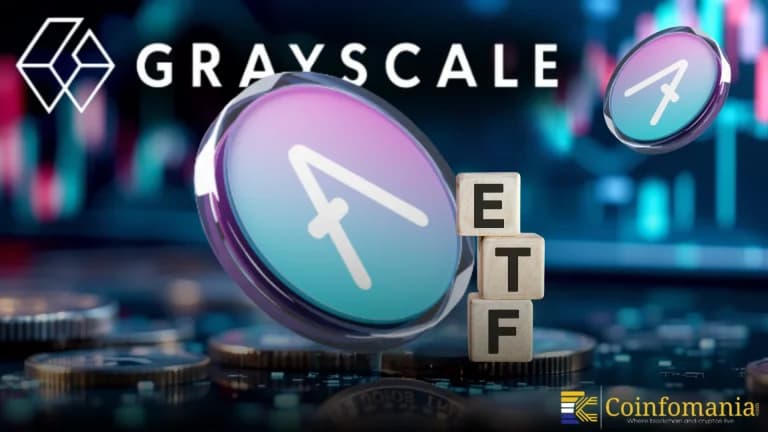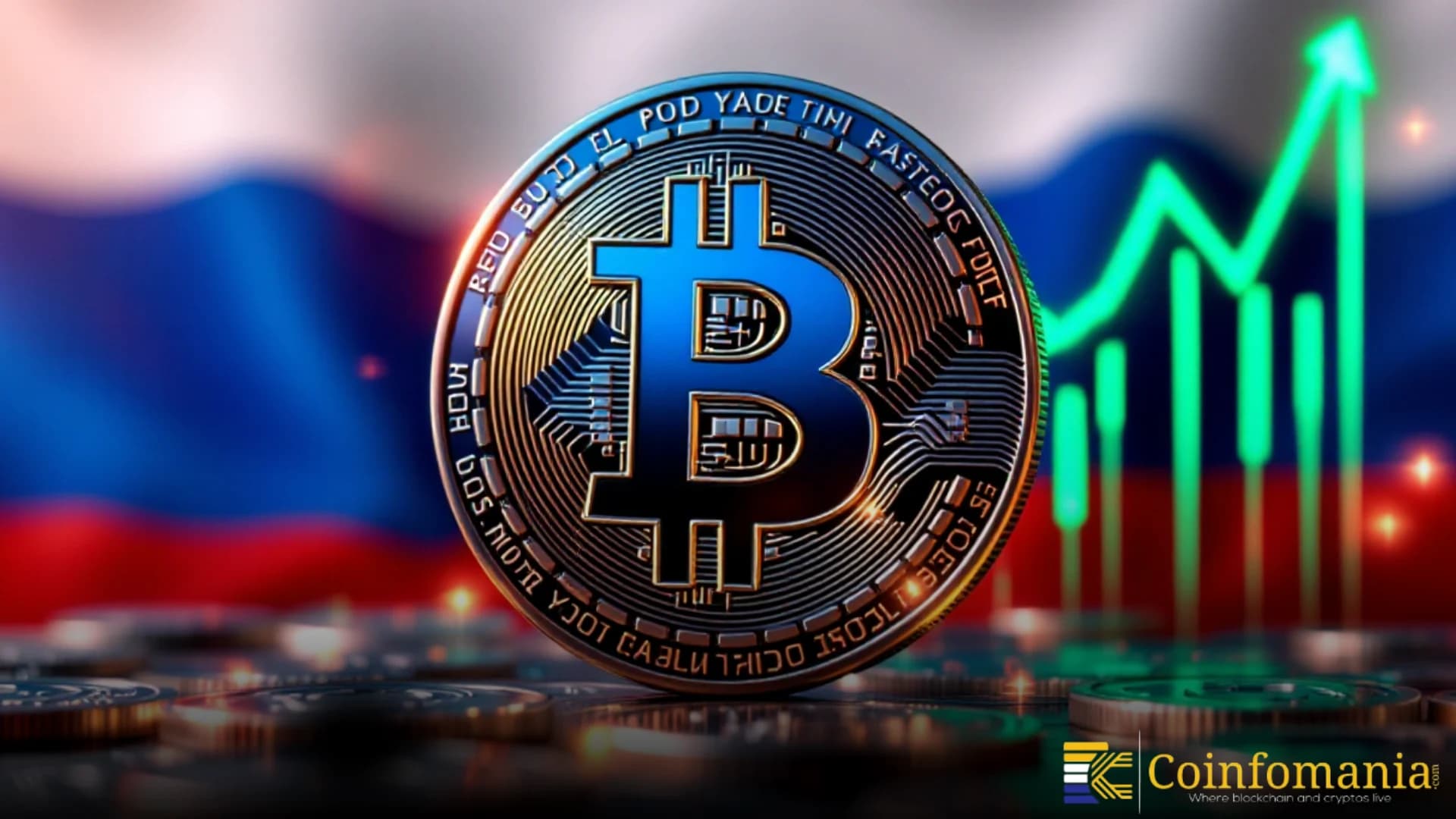Crypto Giant Binance Denied Supreme Court Shield – What’s Next?
The Supreme Court denied Binance's appeal in the unregistered tokens case, sparking questions about its future in global markets.

The US Supreme Court has rejected Binance’s effort to block a class action lawsuit accusing it of selling unregistered tokens.
The decision upholds a lower court ruling, allowing the case filed by investors to proceed. This ruling marks a significant legal challenge for the global cryptocurrency exchange.
Supreme Court Rejects Binance’s Appeal in Lawsuit
Investors claim the exchange sold tokens without proper registration, failing to disclose associated risks. The tokens involved include ELF, EOS, FUN, ICX, OMG, QSP, and TRX. The lawsuit seeks compensation for losses sustained during these transactions.
Binance argued that US securities laws do not apply because its operations are international and not US-based. The 2nd US Circuit Court of Appeals disagreed, stating transactions finalized in the US fell under US jurisdiction. The court emphasized that Binance used US servers for these transactions.
The Supreme Court’s decision supports the appellate court’s interpretation of the Morrison v. National Australia Bank precedent. Binance maintained that the lower court improperly applied US laws beyond their intended scope.
The exchange warned this could set a precedent for broader application of US securities laws to foreign companies.
The exchange also contended that its case raised international regulatory concerns, highlighting potential conflicts for global platforms like Binance.com. Despite these arguments, the Supreme Court’s denial is another blow to Binance’s efforts to limit legal challenges in the US.
FTX Lawsuit Adds Pressure to Binance’s Troubles
Binance has faced increasing scrutiny and penalties worldwide, compounding its legal challenges. In November 2023, the exchange admitted violating US anti-money laundering laws and paid a $4.3 billion fine. Former CEO Changpeng Zhao served four months in prison for related violations before his release.
Separate from the investor lawsuit, Binance is embroiled in a dispute with the collapsed crypto exchange FTX. FTX accuses the leading exchange and its leadership of improperly transferring $1.8 billion in funds.
Additionally, regulatory authorities in countries like Canada, Japan, and Germany have restricted Binance’s operations, citing compliance issues.
The ongoing legal battles could reshape the exchange’s operations and ability to function in key markets. The exchange must address investor concerns, improve compliance measures, and navigate increasing regulatory challenges globally.
FAQs
The lawsuit accuses the exchange of selling unregistered tokens and failing to disclose associated risks.
The Supreme Court upheld a lower court ruling allowing US securities laws to apply to Binance’s transactions.
The tokens include ELF, EOS, FUN, ICX, OMG, QSP, and TRX.
Follow us on Google News
Get the latest crypto insights and updates.


